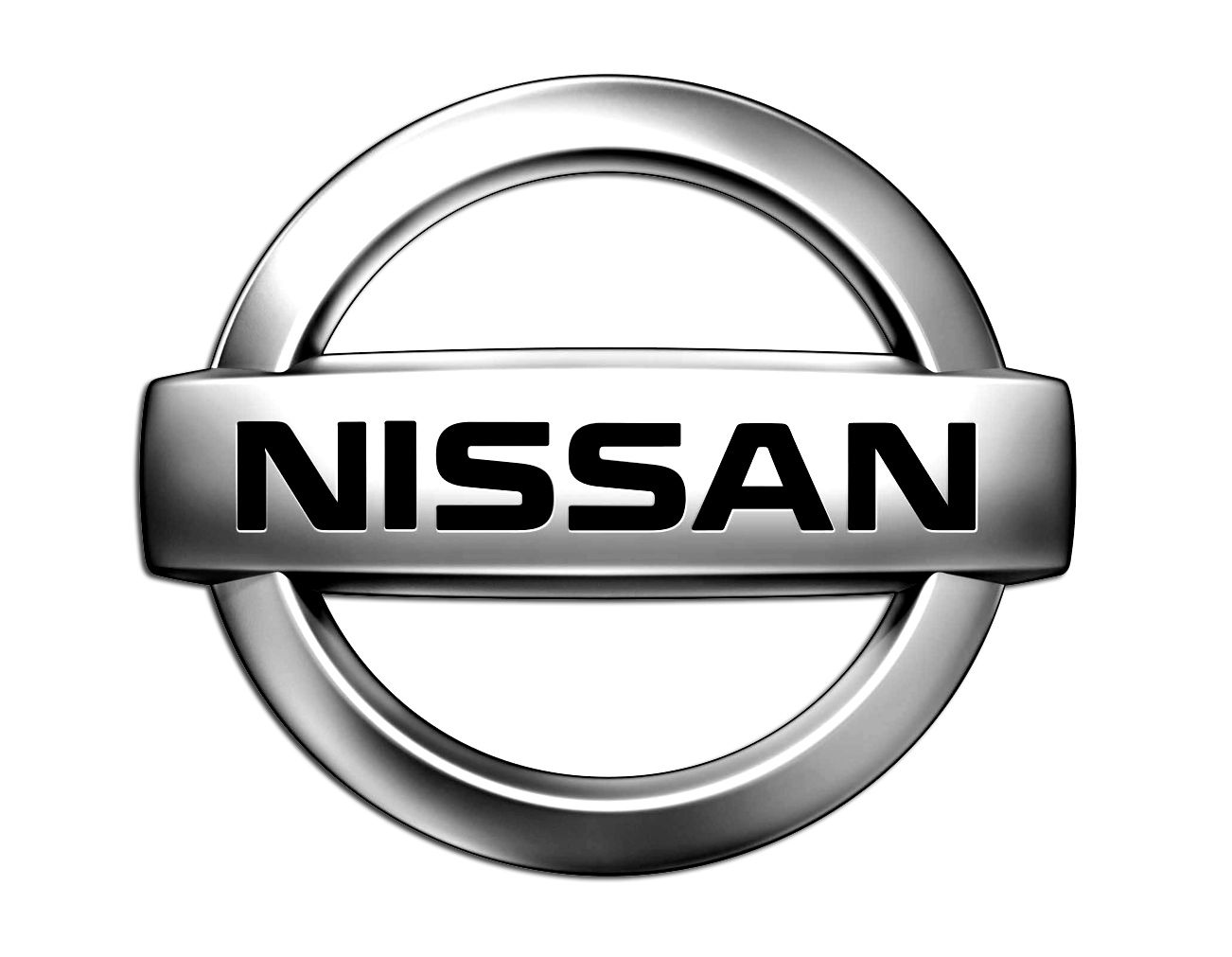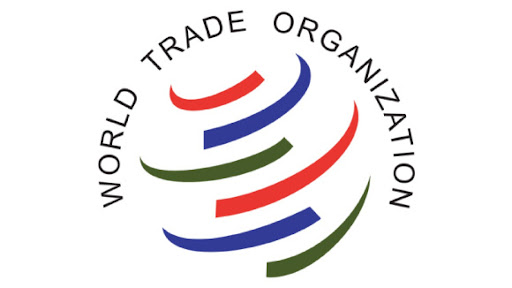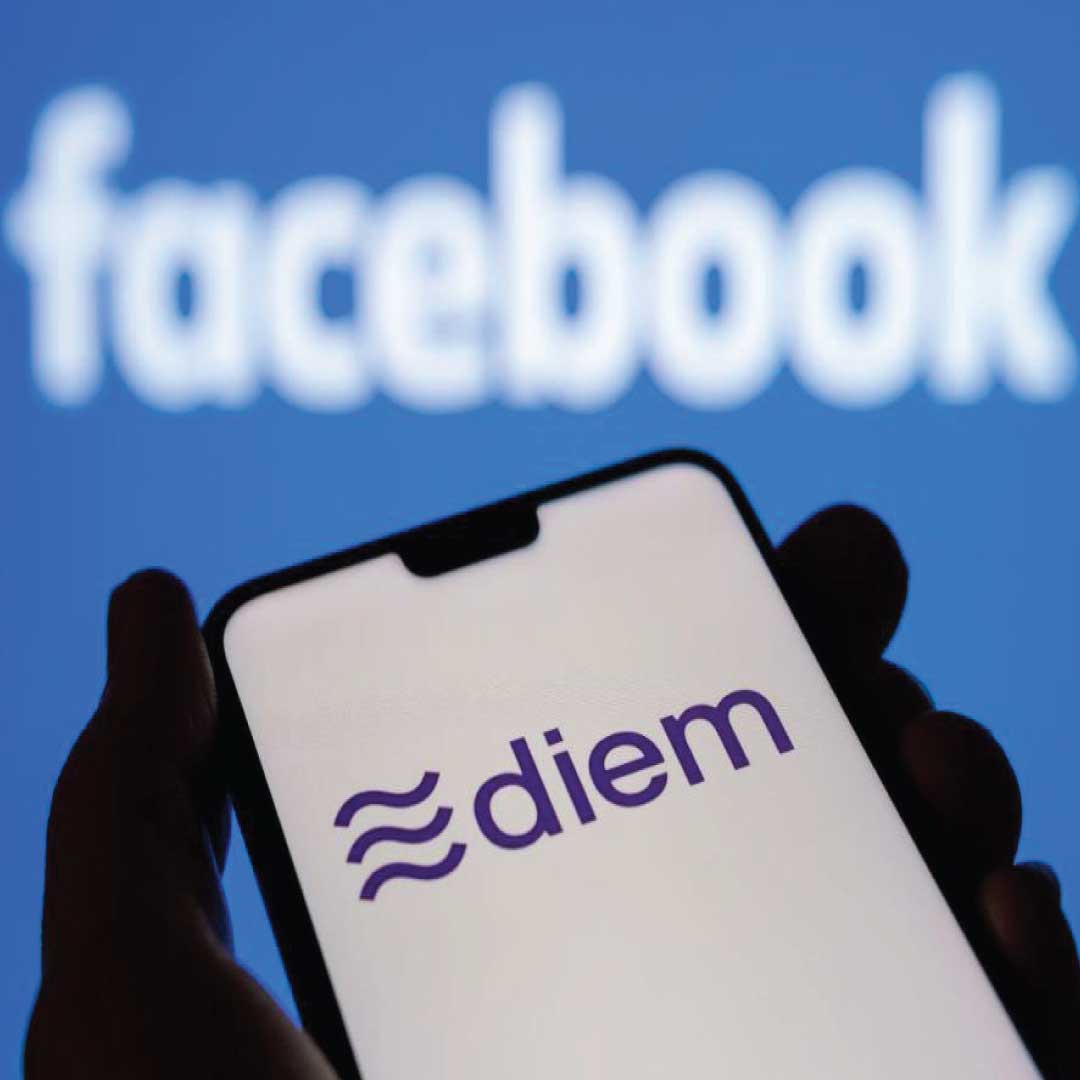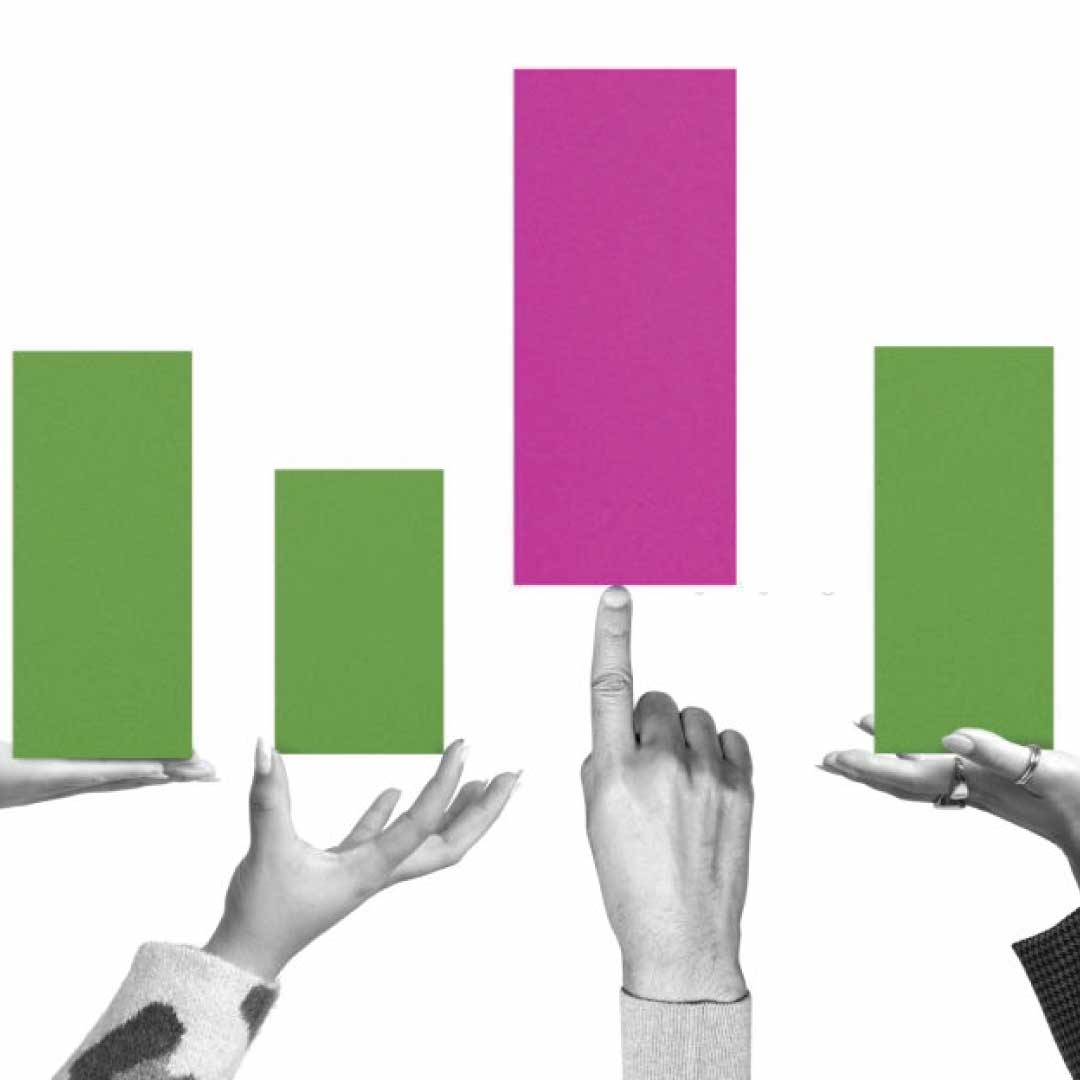To improve healthcare in Africa, governments need to work together with the private sector and coordinate their efforts. As a result of the lack of partnership between the private sector and the government, communicable diseases are getting worse.
The death rates for mothers and babies are high, healthcare costs are rising, the population is at risk, disease monitoring and response aren’t good enough, and services, real-time data, security, and patient comfort are the most important. Health administrators use technology extensively.
Moreso, he usage of IoT devices in healthcare is growing, so it’s important to share data properly and keep it close to the consumer. Luckily, advances in technology like “edge computing” help doctors deal with these problems and give them new ways to give their patients better care.
International Data Corporation, a research firm, says that Edge lets healthcare companies offer new services and be more flexible.
Read also: How Technology help Prostate Cancer Treatment before symptoms
Information technology in healthcare
The COVID-19 pandemic showed how important it is to rethink healthcare partnerships and build health systems that are strong, modern, data-driven, and of high quality. Digitization in healthcare has helped edge computing take off. In technique, this involves protecting patients’ medical records when they get care at many facilities.
For healthcare professionals to work together and find illnesses faster, which could help or even save lives, the data they share must be safe and private.
Using computers, some hospitals can link up and keep an eye on operating rooms at all times, either in person or from afar. For instance, uninterruptible power supplies (UPSs) and isolation transformers keep the lights on in MRI and theatre rooms.
These devices are watched over by screens in these rooms and by mobile devices far away. This gives medical staff important information that helps keep patients safe.
Medical technology realizes sci-fi fantasies. Surgeons use robots nowadays. Faraway specialists conduct treatments in remote regions.
Both people and technology are resolving health problems. In order to achieve results in months rather than years, artificial intelligence (AI) is being used. Edge computing is a key part of ensuring that these systems’ networks last.
Care for patients improved
Innovations in technology are also making patients more comfortable and improving the quality of care they get while they are in the hospital.
Digital footwalls are the latest method hospitals use to prioritize patients. These let healthcare personnel see medical information and adjust room lighting and temperature. In the hallways, digital footwalls update employees on care information.
Additionally, the patient rooms become even more linked as the low-voltage (LV) infrastructure becomes completely connected and incorporated into the monitoring infrastructure. It is possible to link and track information for all IT and other LV equipment systems, including HVAC, in the patient rooms.
Data protection
Cybercriminals have additional attack surfaces as a result of connectivity. Every linked endpoint becomes a potential point of failure. Healthcare institutions must prioritize cybersecurity; each product must have robust, integrated security. Regular security upgrades, for example, must be applied to products and systems.
Security systems depend a lot on the people who work in them, and all industries, including healthcare, must constantly monitor and reduce stop social engineering attacks on healthcare facilities. Staff must be taught about possible threats and made aware of them regularly and consistently basis.
As a way to make patients happier and improve clinical efficiency, the healthcare industry will keep digitizing at a fast rate. Security solutions that also improve healthcare administration will need to be used in healthcare institutions. Computing on the periphery will help these solutions immensely.




 Nissan would be alongside other industry leaders and regulatory bodies at the Kyalami International Convention centre for the five-day event. The Japanese brand aims at showcasing its state-of-the-art vehicles and will participate in panel discussions around sustainability and the future of the African automotive manufacturing industry.
Nissan would be alongside other industry leaders and regulatory bodies at the Kyalami International Convention centre for the five-day event. The Japanese brand aims at showcasing its state-of-the-art vehicles and will participate in panel discussions around sustainability and the future of the African automotive manufacturing industry.








